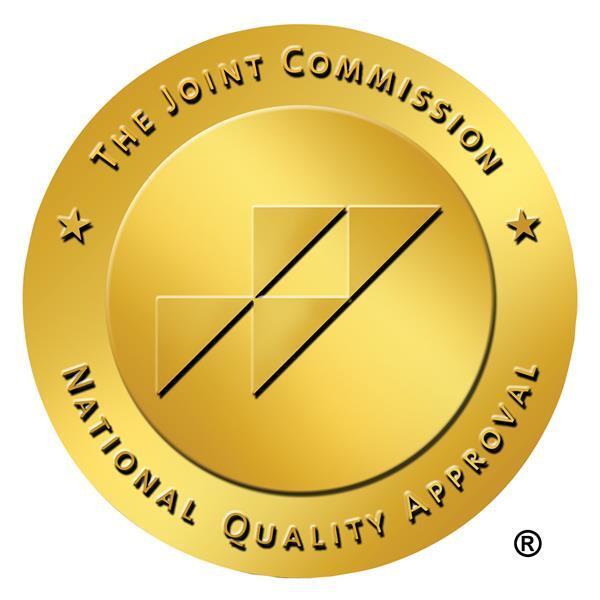Challenges in Diagnosing
and Treating Dual Diagnosis
Do you feel hopeless and alone as you struggle to control your addiction? Do you turn to drugs and alcohol to manage your mental health? If these questions describe your situation, it might indicate the presence of a dual diagnosis. Let’s explore dual diagnoses in depth to understand their signs and symptoms, the most effective treatment strategies, and the advancements that offer hope to those suffering from these co-occurring disorders.
What is a Dual Diagnosis?
If a person receives a dual diagnosis, it means they suffer from a mental health condition and a substance use disorder simultaneously. According to the Substance Abuse and Mental Health Services Administration (SAMHSA), some of the most common mental health conditions seen in dual diagnoses include major depressive disorder, anxiety, bipolar disorder, and post-traumatic stress disorder (PTSD).

Signs and Symptoms
- Difficulty focusing on your daily activities
- Withdrawing from loved ones
- Sudden mood changes that you can’t explain
- Engaging in potentially harmful behaviors
- Unusually high tolerance for drugs or alcohol
- Withdrawal symptoms when you try to stop using drugs or alcohol on your own
- Feeling as though you need drugs or alcohol to get through your day
- Suicidal thoughts
Understanding the Risk Factors
Several things, many of which are not under your control, can put you at a higher risk for developing a substance use disorder in conjunction with a mental health condition. If any of these apply to you, monitor your physical and mental health for changes that could indicate a dual diagnosis.
- Family history of substance use disorders or mental health conditions
- Low sense of self-esteem or negative image of yourself
- Exposure to harmful substances while in the womb
- A history of stressful or traumatic events
- Self-medicating to relieve the symptoms of a mental health disorder
Dual Diagnosis Treatment Plans
- Medically monitored detoxification to gradually wean off of harmful substances
- Prescription medications to manage withdrawal effects and treat certain mental illnesses
- Cognitive behavioral therapy (CBT)
- Group housing for newly sober individuals
- Support groups

Dual Diagnosis Treatment Challenges
Advancements in Dual Diagnosis Research
A Holistic Approach at Mind Body Optimization
Are you struggling with a mental health condition, a substance use disorder, or a dual diagnosis? At Mind Body Optimization, we don’t simply treat conditions. We treat people. Our dedicated staff will customize a treatment approach that puts you in a favorable position to live a productive life. Contact Mind Body Optimization today to learn how our holistic approach leads to long-term success.






